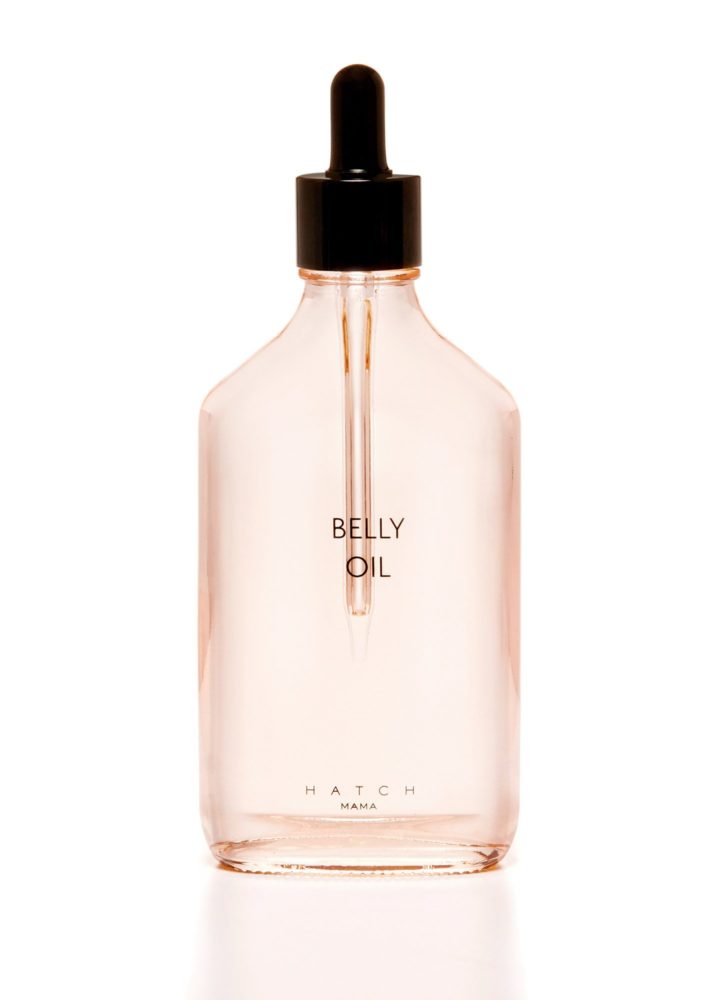Prenatal vitamins are a given for moms-to-be. They’re loaded with all the nutrients women need to manage the busy work of growing an entire little person. But rumblings about prenatal vitamins for men are getting louder, and if you’ve heard about it, you probably have questions – namely, should men actually be taking them? We’ll get into the nitty gritty details, but the short answer is unequivocally yes. Men hoping to become fathers should absolutely take prenatal vitamins – just not yours.
It’s All About Sperm Health
Science makes it clear that a future dad’s health in that three-to-four-month preconception window has a direct effect on a successful conception, his partner’s pregnancy, and the lifelong health of their baby. No pressure, but that’s a big deal. It’s why one of the biggest tips for successfully conceiving is cleaning up your respective lifestyles – nixing the bad habits, getting regular exercise, finding healthy outlets for stress, hydrating properly, sleeping well, eating well, and yes, shoring up any nutritional gaps with a high-quality prenatal vitamin. And with good reason, since lifestyle choices absolutely affect your ability to conceive.
For men, supplementing with the right nutrients in the right amounts is kind of a double whammy. Key vitamins and minerals can help improve symptoms of male infertility, and specifically issues like low sperm count and poor sperm motility, while also promoting better sperm quality overall.
Here’s the thing. The most common cause of major sperm deficiencies is a lack of nutrients during the maturation process. A 2012 study famously found that just one man in four has optimal sperm health. Do the math there, and the outlook is not so good. And while you probably already know that men produce an eye-popping amount of sperm every day, what’s less understood is the maturation process of all those little guys.
Here’s the quick and dirty snapshot – sperm are formed in the testicles, and they initially lack the ability to do much of anything. They can’t swim, and they definitely can’t fertilize an egg. Over roughly three months, sperm go through three phases in the sperm regeneration cycle to become fully functioning little swimmers. And research shows that specific nutrients during this timeframe are associated with better sperm quality, along with a reduced risk of big-time issues like low sperm count and concentration, poor motility, and sperm DNA fragmentation
Little reminder here that 50% of the genetic material of your future baby comes from this sperm. If it’s not healthy enough to preserve those blueprints or successfully reach and penetrate the egg, the chances of conception drop and risks of fetal abnormalities rise. And nobody wants that.
Getting the Right Nutrients
This is where a good prenatal vitamin comes in. For women, a prenatal vitamin delivers specialized nutrition to support her fertility, pregnancy, and growing baby. A men’s prenatal vitamin has the same general idea – they’re designed to support and promote all parameters of sperm health. The biggest difference between the two is the ingredients themselves.
Take Beli Vitality for Men. The company founded the men’s prenatal vitamin movement in 2019 in recognition of the role sperm health plays in creating and sustaining a healthy pregnancy. Its flagship product uses science-backed ingredients to support sperm during that oh-so-important maturation process. That includes CoQ10, an antioxidant shown to increase sperm motility and rapidly improve fertilization rate; L-carnitine, which is associated with higher fertilization rates and higher quality sperm; L-arginine, an amino acid essential for quality sperm production; L-taurine, another antioxidant that prompts sperm motility and morphology; N-Acetyl-L-Cysteine (NAC), a semi-essential amino acid that supports multiple sperm parameters; and shilajit, an Ayurvedic adaptogen that may help increase sperm count, motility, and serum testosterone in men.
These ingredients are rounded out with a handful of other vitamins and minerals also shown to support sperm health. It makes for a robust, thoughtful blend that’s an easy swap for men who pop a daily multivitamin – think of it as a supercharged version of what he was already taking, with an emphasis on fertility.
The company based its formula on all the available research into men’s fertility nutrition, because complete nutrition really does matter when the goal is a baby.
Taking an active role
There’s another benefit to hopeful dads-to-be taking prenatal vitamins. It’s a wonderful way for him to be an active participant during the thrilling TTC roller coaster. There’s a lot to be said about a positive mindset when it comes to supporting and promoting fertility, and that’s true for both partners. But for men in particular, taking a daily prenatal vitamin is a small, meaningful way to be an active participant in the journey to parenthood.
The Bottom Line
The importance of a dad-to-be’s health really can’t be overstated. Happily, it’s not too crazy hard to shore up the weak spots for the best chances of a healthy conception, pregnancy, and little one. Together, you should both do your best to put all of the elements of a healthy lifestyle into practice – eat well, get regular exercise, cut back on the alcohol, definitely quit smoking, do your best to manage stress, prioritize sleep, and definitely hop on the prenatals-for-both-partners train.
Remember, a multivitamin doesn’t have the specialized focus of boosting fertility, and your partner won’t benefit from dipping into your prenatal stash, either. Men looking to optimize their fertility need specific nutrients that are up for the job. And the good news is that’s exactly what men’s prenatal vitamins are for.









